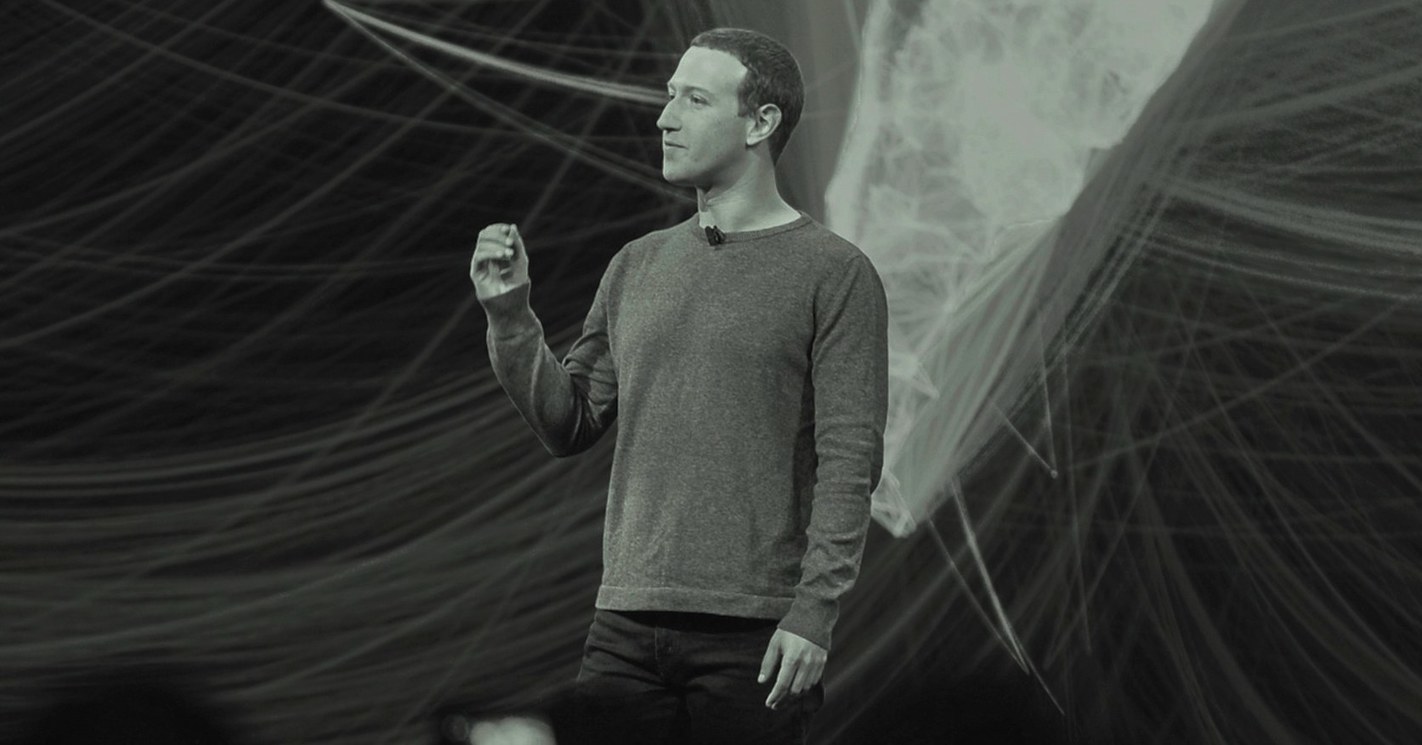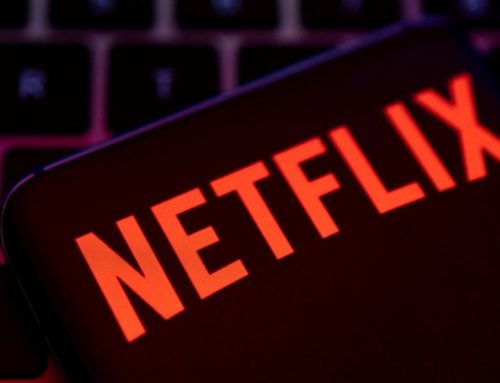While I’m less convinced of stagnation at Amazon or perhaps even Google, I see it more at my former employer. Ask yourself this: What new user feature has Facebook launched in the past five years (that wasn’t copied from some other app)? Facebook’s last creative gasp was an effort called Creative Labs, which launched long-forgotten apps like Slingshot and Rooms and was shuttered in 2015.
Or consider the team I worked on while at Facebook, ads. What fundamentally new advertising products has Facebook launched in the past few years? The company’s core moneymakers are the same handful of products launched during those fecund (and desperate) years around the IPO. Some monopolies, such as Bell Labs (back in the day) or Google (today), invest their excess profits in interesting R&D that benefits everyone. Where are the comparable efforts at Facebook that might justify an entrenched monopoly?
In addition to its hold on users, Facebook has a stranglehold on human attention. It is, as the title of Tim Wu’s excellent book on digital advertising puts it, the world’s premier attention merchant. Media—actual content creators like CNN, The Washington Post, or this magazine—must often bow to Facebook’s demands on how content is distributed on their platform, either catering content for Newsfeed distribution or “pivoting to video” when the company decides that’s the next big product play (and regretting it when Facebook changes its mind).
By intermediating that flow of human attention, being effectively a gateway to other media, Facebook can capture those eyeballs upstream of where they eventually land. In effect, all media lives downstream of a large attention river where Facebook has dammed the flow, only to sell your water back to you—water that you used to receive naturally. Plaints about fairness are about as relevant as similar objections to Craigslist devastating newspapers’ classified business in the early aughts. This is just the new reality.
The only way to change that reality is for the market’s referee, the government, to reappear after a several-decades-long absence and change the structure of the game. Which brings us back to Hughes’ proposal for the government to use its anti-monopoly powers to break up Facebook.
One thing worth highlighting is that antitrust is no silver bullet. Much of the positive reception to Hughes’ suggestion can be chalked up to an anti-Facebook animus stemming from the company’s innumerable privacy and content-moderation scandals. But there’s no reason to think a separate, spun-off WhatsApp would be any less responsible for things like group violence in India than one under Facebook’s ownership. Or that Facebook as a stand-alone app would instantly be more inclined to moderate potentially harmful content like bullying or terrorism.
Sourced through Scoop.it from: www.wired.com







Leave A Comment